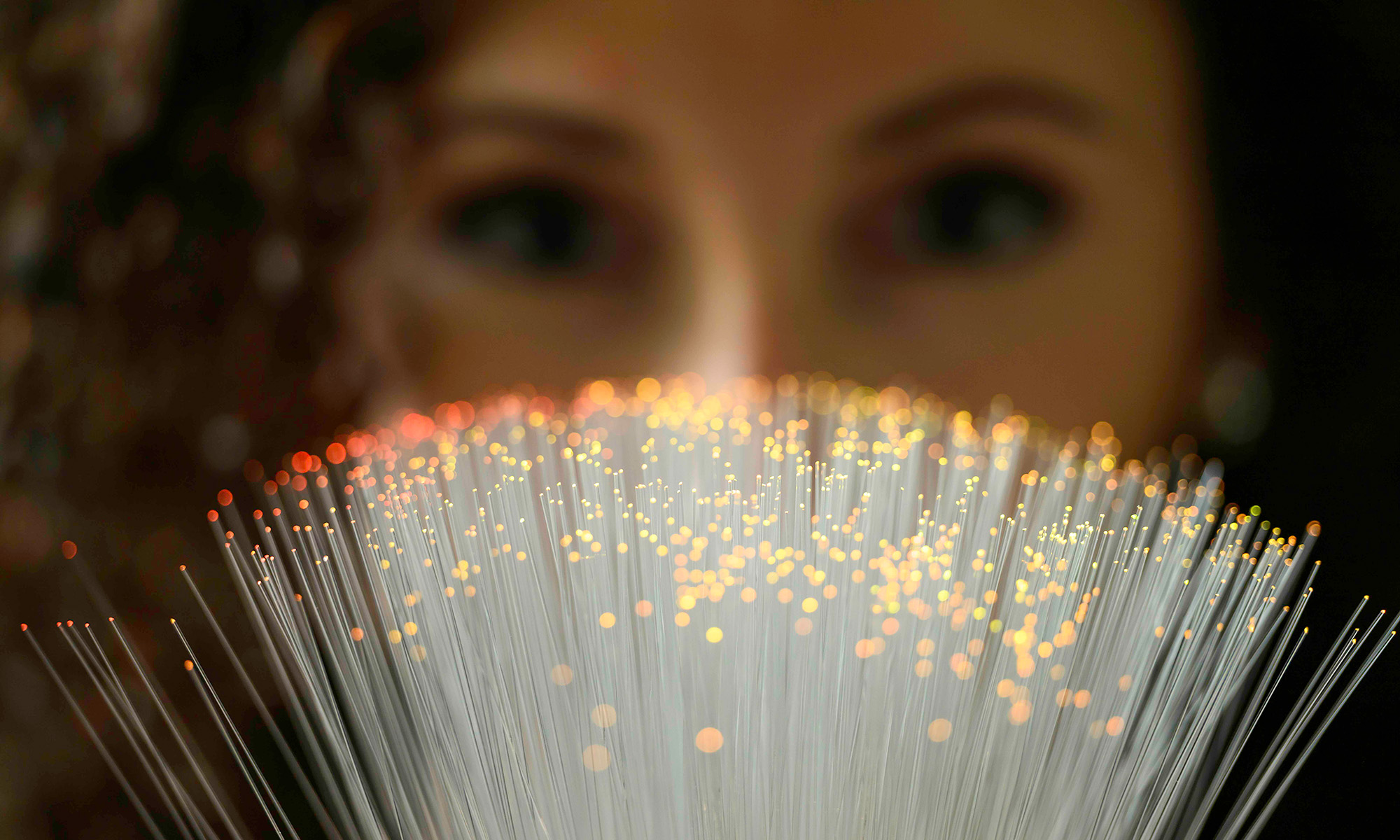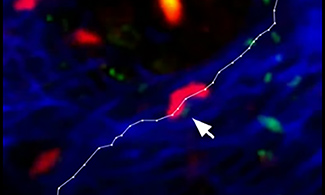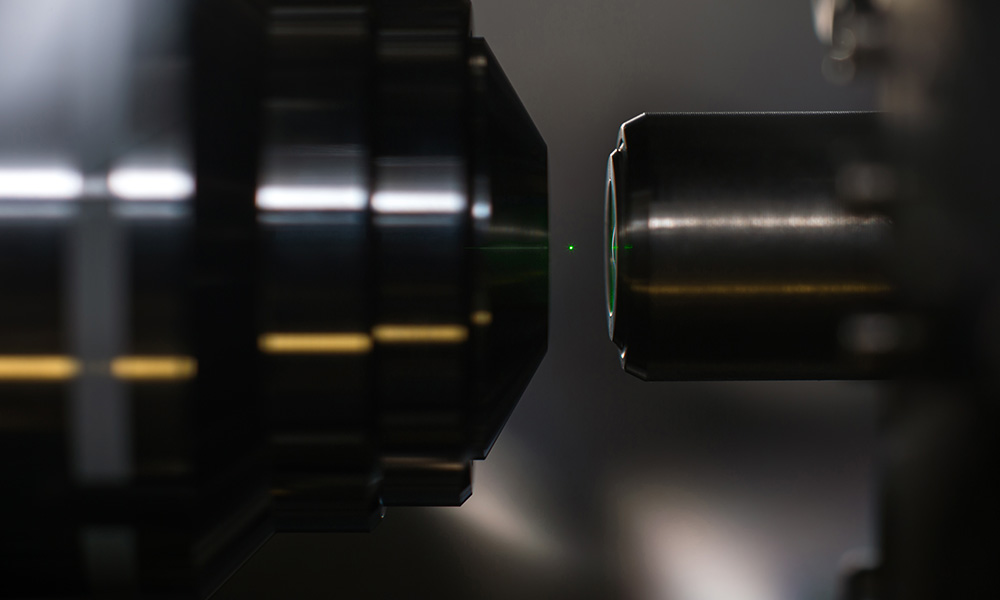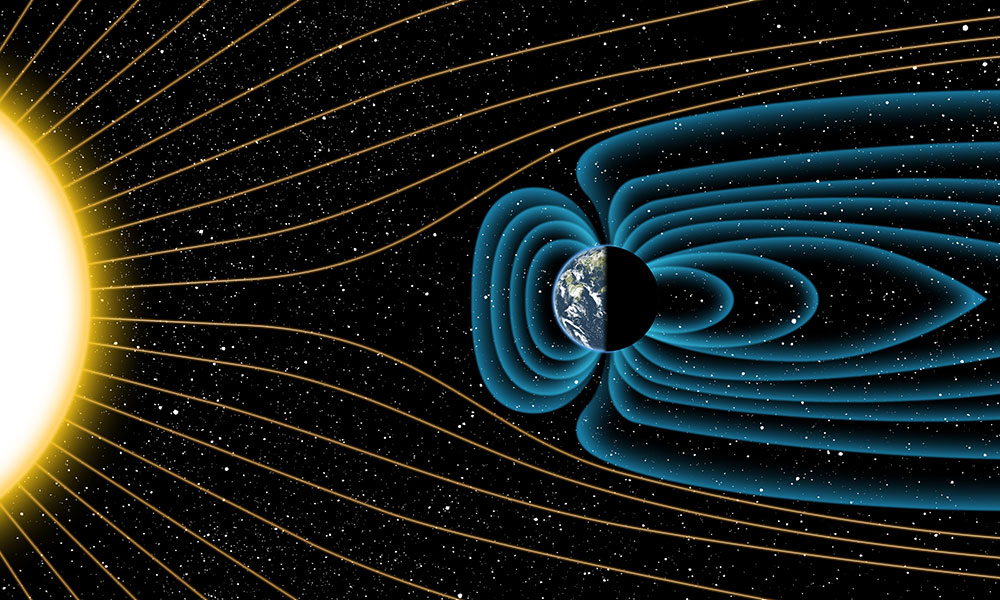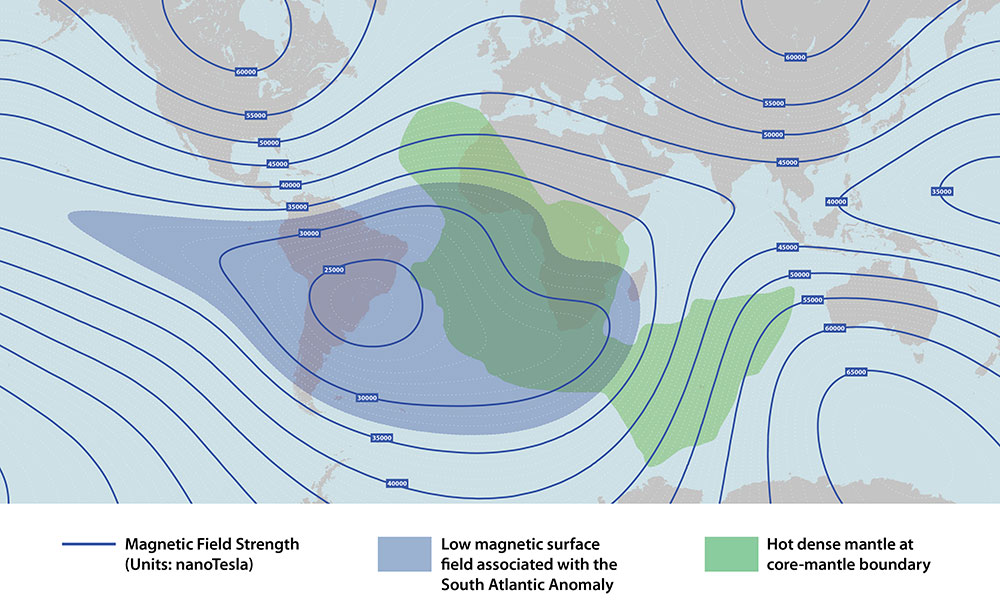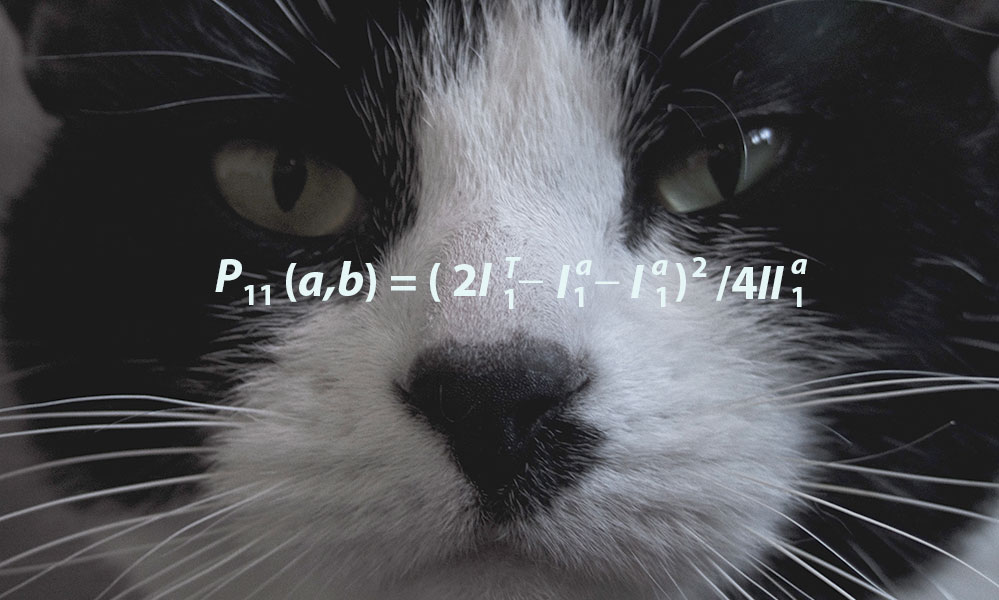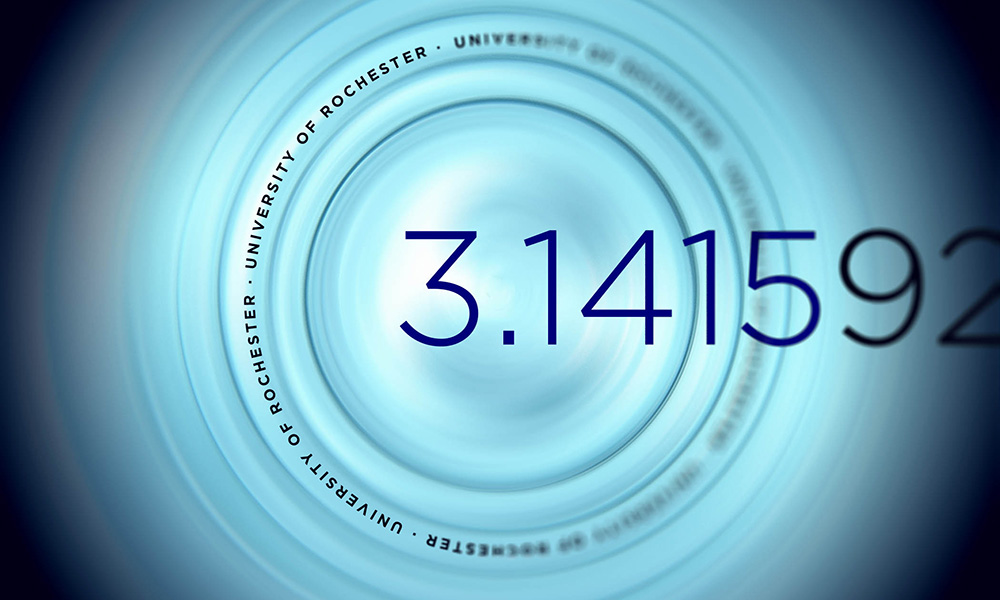
Science & Technology
Discovery of classic pi formula a ‘cunning piece of magic’
November 10, 2015
When most people think about pi, they associate the mathematical constant with arcs and circles. Mathematicians, however, are accustomed to seeing it in a variety of fields. But two University physicists were still surprised to find it lurking in a quantum mechanics formula for the energy states of the hydrogen atom.

